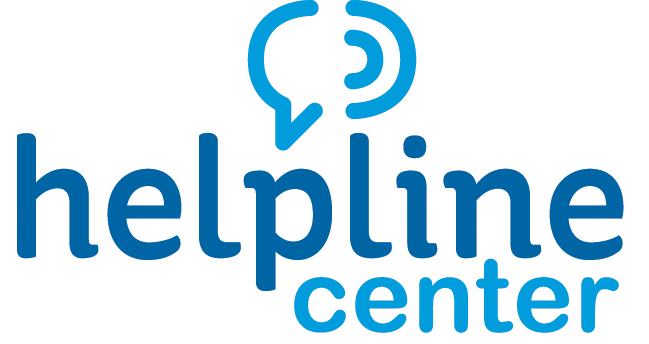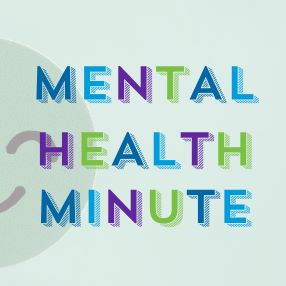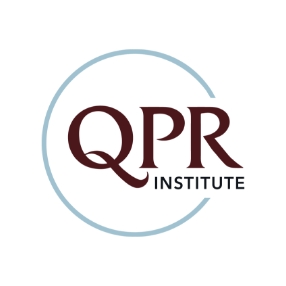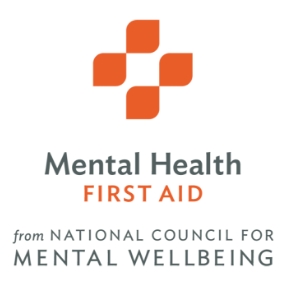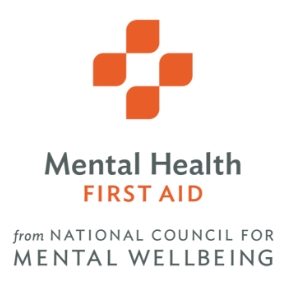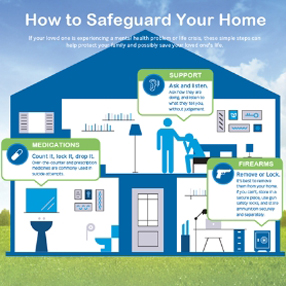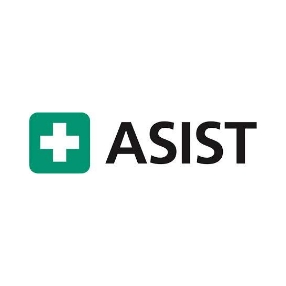Mental Health First Aid – 8 hour training
Mental Health First Aid teaches you how to identify, understand and respond to signs of mental illness and substance use disorders. This training gives you the skills you need to reach out and provide initial support to someone who may be developing a mental health or substance use problem and help connect them to the appropriate care.
Two Learning Options
Blended Learning. After completing a 2-hour, self-paced class, First Aiders will participate in a 4-hour, in-person, Instructor-led class.
In-person. First Aiders will receive their training as an 8-hour, Instructor-led, in-person course.
Who Should Take it
- Employers
- Police officers
- Hospital staff
- First responders
- Faith leaders
- Community members
- Caring individuals
What it Covers
- Common signs and symptoms of mental illness
- Common signs and symptoms of substance use
- How to interact with a person in crisis
- How to connect the person with help
- NEW: Expanded content on trauma, addiction and self-care
Mental Health First Aid offers specialty modules in: Higher Education; Military Members, Veterans & Their Families; Public Safety; Older Adults; and Rural Communities
Upcoming In-Person MHFA Trainings- Click to sign up now!
July 11th, 2024
October 10th, 2024
